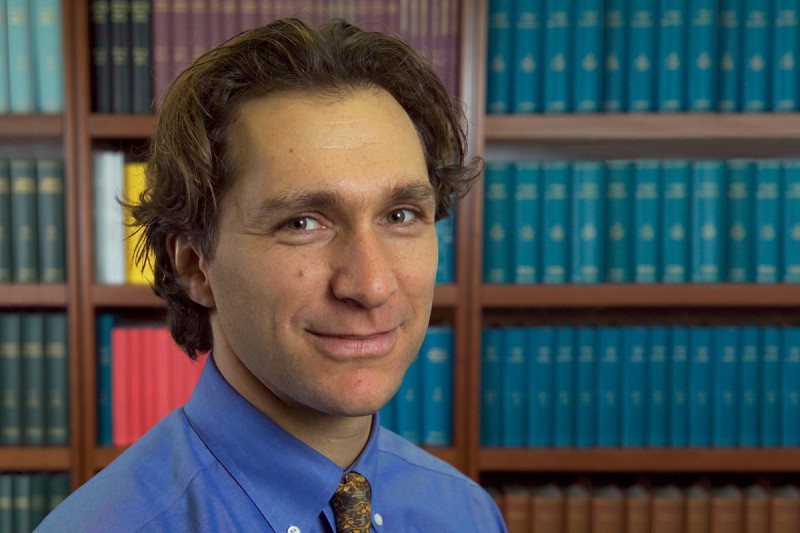
A new study from researchers at Memorial Sloan Kettering Cancer Center has found that the majority of surgeons treating prostate cancer in the United States have extremely low annual caseloads, potentially leading to increased rates of both surgical complications and cancer recurrence.
The research was published in the December issue of The Journal of Urology. Andrew Vickers, PhD, Associate Attending Research Methodologist in the Department of Epidemiology and Biostatistics at Memorial Sloan Kettering Cancer Center, led an analysis of data on radical prostatectomy, the surgical removal of the prostate for men with prostate cancer. Of US surgeons treating prostate cancer patients in 2005, more than 25 percent performed only a single radical prostatectomy that year and approximately 80 percent of surgeons performed fewer than ten such procedures. [PubMed Abstract]
It is known that surgical volume is associated with improved patient outcomes, and fewer complications. Previous work from this team has indicated that a surgeon’s lifetime experience with radical prostatectomy is strongly associated with cancer control; patients treated by experienced surgeons had a 40 percent lower risk of a cancer recurrence than patients treated by inexperienced surgeons. The importance of experience in cancer outcomes has been termed the “learning curve.”
“We have previously shown that a surgeon needs to conduct an average of 250 radical prostatectomies to give patients the best chance of cure,” said Dr. Vickers, “so we decided to look at how long it would take a typical surgeon to reach that number of procedures. While the learning curve is not the only factor in determining surgical skill, we found that the majority of surgeons who treat prostate cancer patients will not achieve that number of procedures in their entire career.”
A high-volume surgeon is defined as one who performs 50 cases a year or more. According to Dr. Vickers and colleagues’ research, only 2 percent of surgeons nationally and 4 percent of New York State surgeons fall into this category. Nationally, only about one in five prostate cancer patients are treated by high-volume surgeons; this rises to 40 percent in New York State, likely because of the large, specialized centers in New York City and elsewhere in the state.
There were two independent data sets used in this analysis. The first set was a nationally representative sample of hospitals, which was obtained from the 2005 Nationwide Inpatient Sample (NIS), available from the Agency for Healthcare Research and Quality. The second data set, the Statewide Planning and Research Cooperative System (SPARCS), includes all patient discharge records for New York State in 2005. More than 6,500 patients treated with radical prostatectomy in 2005 by one of 933 surgeons were identified. The study included radical prostatectomies that were performed laparoscopically and with robotics as well as more traditional open surgery.
On the basis of this research, Dr. Vickers said that, “prostate cancer patients considering surgery should be aware that most surgeons have very little experience treating this disease. They are likely to have a reduced risk of complications, and better chance of cure, if they are treated at a specialist cancer center by a surgeon who focuses on treating prostate cancer.”
Funding for this study was provided by the Sidney Kimmel Center for Prostate and Urologic Cancers, by a SPORE grant from the National Cancer Institute, and by funds from David H. Koch provided through the Prostate Cancer Foundation.


